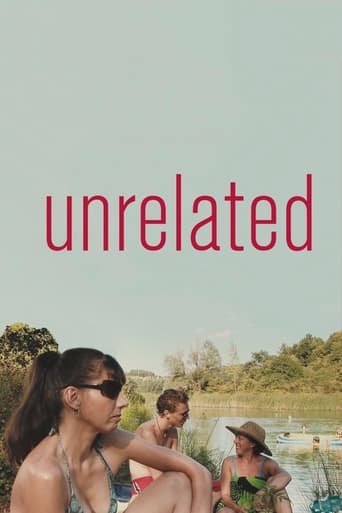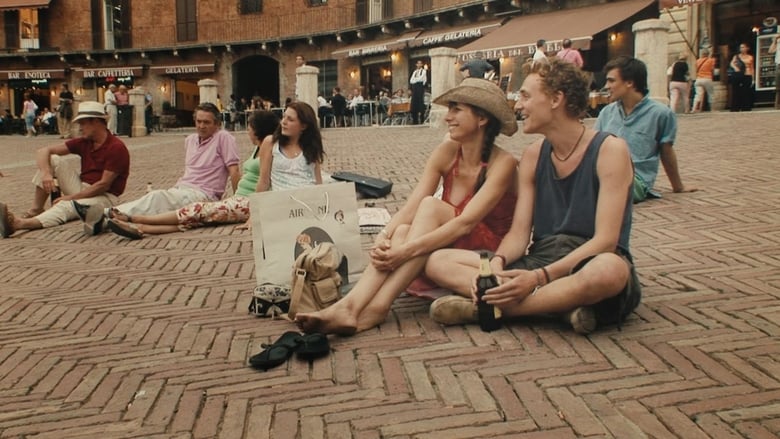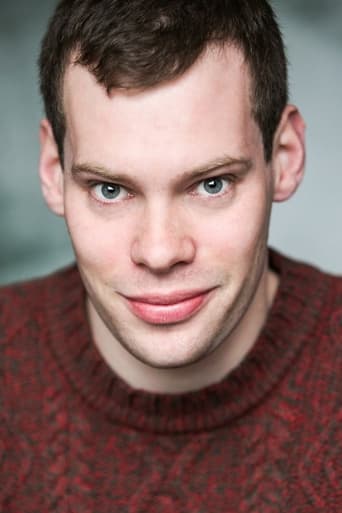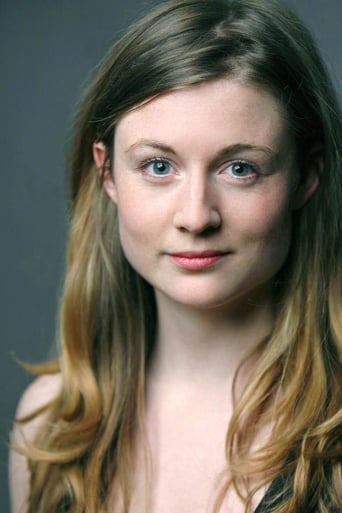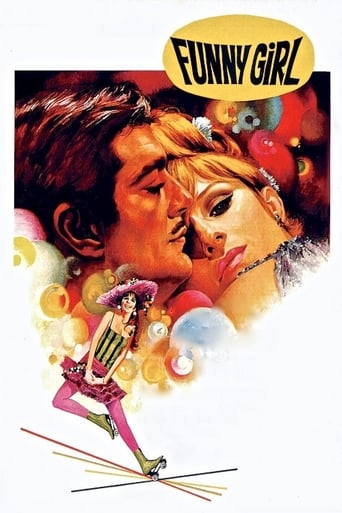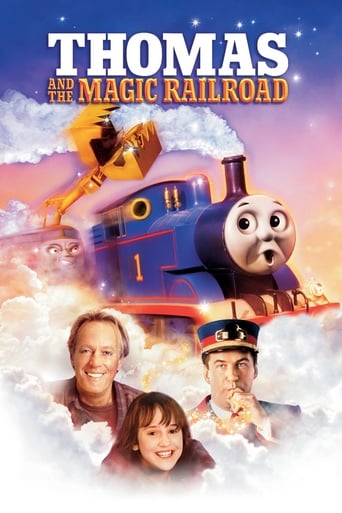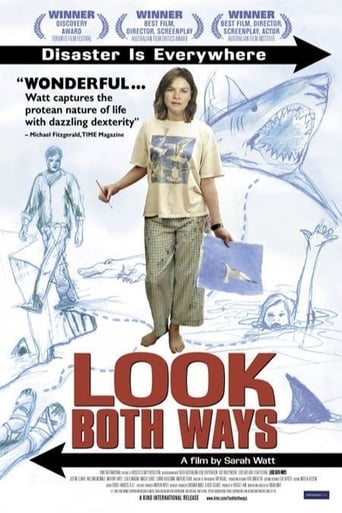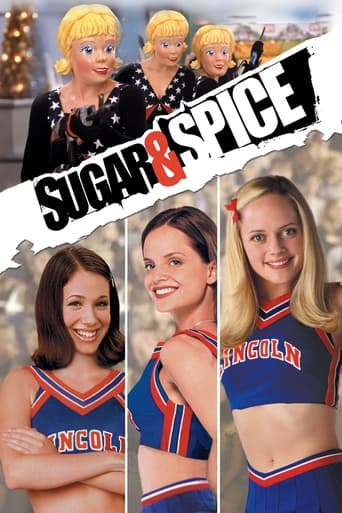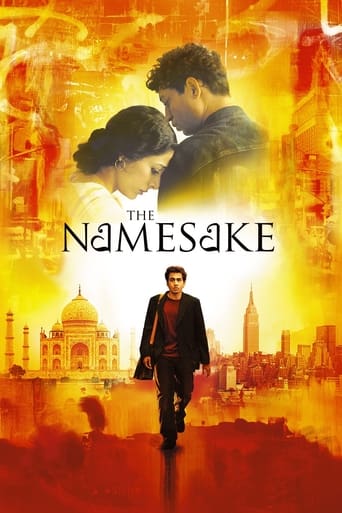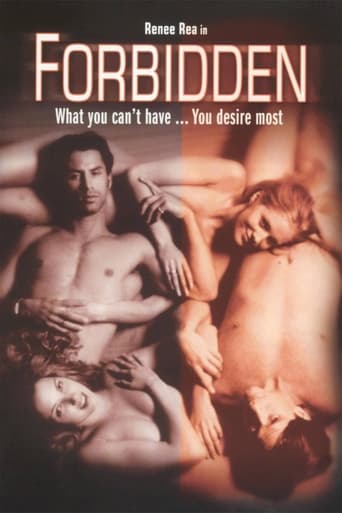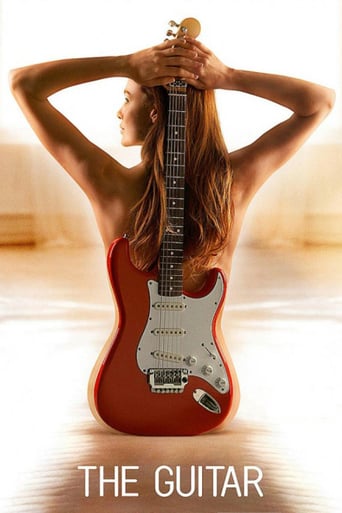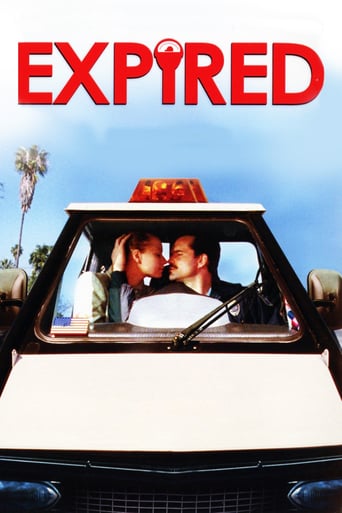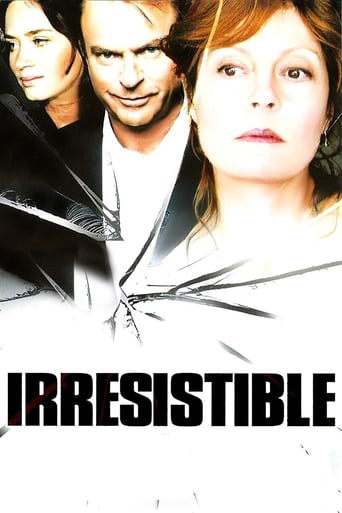Unrelated (2014)
A woman in an unhappy relationship takes refuge with a friend's family on holiday in Tuscany.
Watch Trailer
Free Trial Channels
Cast


Similar titles
Reviews
Waste of time
Good story, Not enough for a whole film
This movie feels like it was made purely to piss off people who want good shows
One of those movie experiences that is so good it makes you realize you've been grading everything else on a curve.
Blame Antonioni for creating the sub-genre: middle class people on holiday which opens fissures in their relationships. In 'L'Avventura' this made him a star and allowed many to follow and create the tedious holiday group film.Unrelated does nothing more for the genre: it even has the same degree of uncommunication between actors which Antonioni had made a style and permits critics to talk of the "ineffable existential etc" although it can be boring when there is a lack of meta-guidance to the film, not just an inability to write or demonstrate drama and imply something by its absence.The scenery is quite pleasant, the actors reasonably able, though there is a terrible English 'kitchen-sink' realism with most of them and this level of dreary naturalism is like a millstone which sinks the entire effort.Watching rain drops slide down a window pane would be more engaging.
Someone once said, "It's the singer, not the song". Here, it's difficult to know which is responsible for the effect created by this film -- the cast, or the writing (and by extension, directing). Certainly, Ms. Hogg deserves credit for her sure, understated camera-work and pithy screenplay. The film demonstrates, in equal measure, both a sense of forward movement (in terms of plot and tension), and a verisimilitude of action and speech. There is a quasi-documentary feel to the proceedings; we enter and view scenes from odd angles, with the camera in a corner, or down a hall from the intended dialogue; scenes begin and end in medias res. The effect is never, however, mannered or jarring, but is calculated for maximum dispatch in terms of character and plot development.However, the performances themselves are so fine, so delicately thatched and inked as to leave the impression of real people, and not "roles" played by professionals. Chief among them is Ms. Worth's turn as Anna, who is not quite as hapless, or feckless, as some of the other reviewers on this site would have indicated. It is interesting to see those viewers' reactions to her pass at the younger Oakley which characterize it as disgusting, or out-of-touch. In another movie (say an Irvine Welsh adaptation, for instance) a woman like Anna would get at least two fairly raunchy sex scenes. This is not to short-change Ms. Worth's physical attractiveness; in fact, the heat between her character and that of Mr. Hiddleston's is palpable. But Ms. Hogg is not after the same sort of effect as Irvine Welsh; this film is a slow-burner. And Ms. Worth finds her footing surely in the lazy Tuscan atmosphere, conveying thousands of words with just a look. Take, for instance, her semi-squint in reaction to Oakley's prying questions about children. The answer is writ large between the drawn-up lower lids, the slight pucker to the mouth. Further to Ms. Worth's credit is that her background is theatre and opera (she has done some choral roles with major productions) neither of which genre is famous for the slight gesture, or subtlety of reading. Here, though, she is "playing chamber music", and not blasting grand opera to the back of the house. All told, this is probably one of the best films to come across this reviewer's screen in the last twenty years.
The way that the film is shot and edited, particularly the long-shots, the dramatic use of artificial silences (where the soundtrack is dropped altogether) and the Attenboroughesque cut-to-cut montage of the landscape is a lot like something from Rohmer. A Summer's Tale, in particular. The director uses these techniques in a way which, as in Rohmer, complements the subtleties and natural feeling of the plot itself. There is a smooth marriage of the realistic content and this restrained and unobtrusive visual style. Perhaps only such metaphorical marriages can be so smooth.Superficially, the story, mise-en-scene and characters also are Rohmeresque. The drama is internal and psychological, the characters are drawn from the upper middle-classes, and they are- as is often the case in Rohmer's films- on holiday; variously enjoying themselves and wondering why they are not, or are incapable, of doing so. It's as though Marie Riviere's character in Rohmer's 'The Green Ray' didn't meet her true love in the train station in Bayonne(?) at the end of the film and is, to heartbreaking effect, trying once more some fifteen years later, post-menopausal, after a disappointing marriage.Though this is to romanticise the connection too much: Rohmer's film was mysterious, modern fairy-tale about love and its link to private superstitions. Joanna Hogg's film takes place on a rougher plane as earthly and scarred, to use the obvious simile, as the Tuscan fields against which it unfolds. It does successfully what, I think anyway, Michael Haneke's 'The Piano Teacher' failed to do, which is to show the vulnerability of the repressed, middle-aged woman whose world is almost demolished by a manipulative, handsome young man. But it is complex, and what upsets Anne most is not the rejection but the guilt of her subsequent revenge. Haneke used fairy-tale tropes, too- this time, the wicked, domineering, passive-aggressive mother (is this a wider tendency of male European directors?), in a highly stylised film, with a typically strident performance from Isabelle Huppert. Haneke always tries too hard to shock- whether its sniffing spunk-stained tissues in the peep-show or self-mutilation in the bathroom. It's strangely dull. Hogg shows Anne being delicately led astray, with a subtler cruelty: the expression of anticipation on her face when they play the "Pass the Orange" game, alone, will make you wince with your whole body.The performances are all good. The faults are very minor: the "youngs" are only slightly exaggerated. The husband of Anne's friend seemed potentially more sympathetic- his character might have been better-developed (but perhaps this was deliberate, and he is a "hen-pecked" husband).Thank you, Ms. Hogg, for a very truthful film.
If you wanted a villa holiday in Tuscany this summer and didn't have time, go to this film and by the end you will feel you have spent a fortnight there. Joanna Hogg has created an upper-middle class version of a Mike Leigh film at his slowest. It's beautifully done, and the fortnight is mostly enjoyable, unless you squirm at the sight of drunken Brits abroad or the sound of the upper-middle classes (I developed a thick skin for both of these a long time ago, myself). The characterisation is subtle, verging on invisible. There's very little intellectual content or sparkling conversation, surely unrealistic in a film about the chattering classes? Perhaps it's the prodigious amount of alcohol that's consumed. All this keeps the focus on Anna, on holiday from her unhappy situation at home, and the cheerfully pie-eyed teenagers that she hangs out with.The movie was very thin on plot, yet there did seem to be inconsistencies on the departure date for some of the party. I doubt I'll watch it again to check this though; once is nice, but enough.

